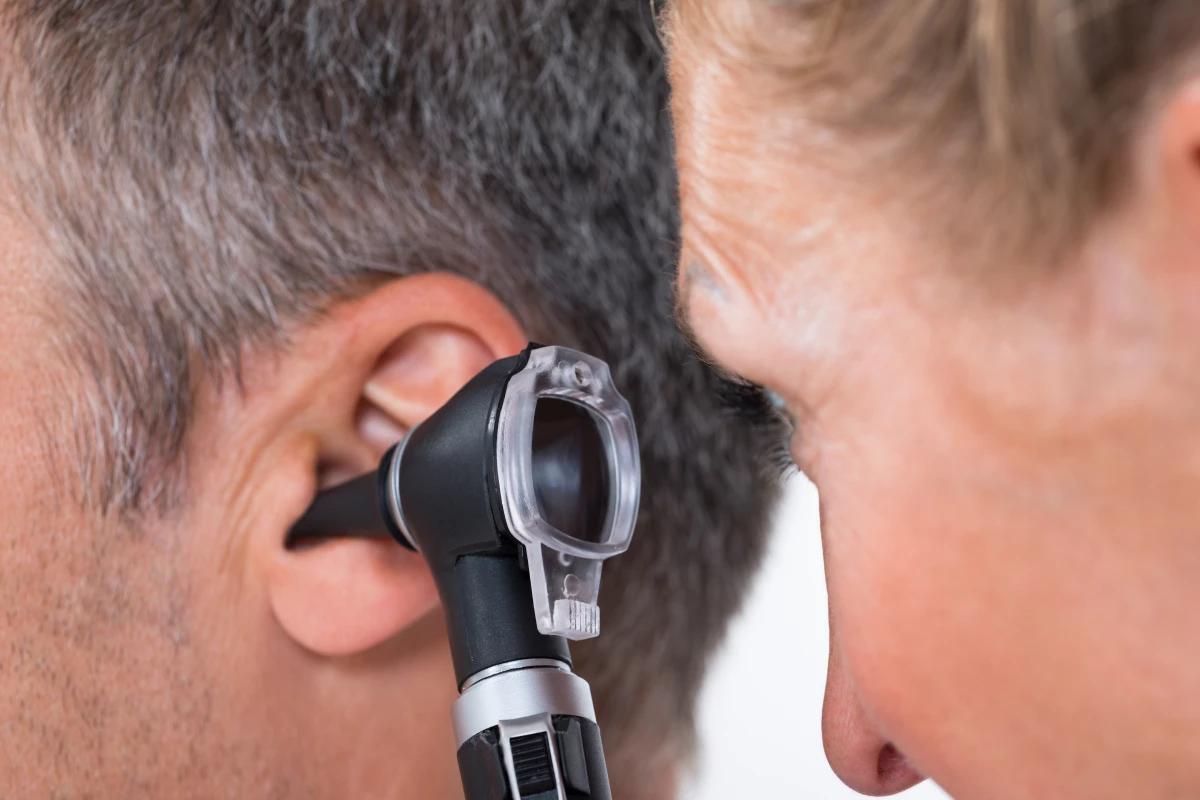Presently, doctors optically check for middle-ear infections utilizing what is known as an otoscope. Now, however, researchers have developed a version of the device that reportedly works even better … by adding ultrasound to the mix.
Incorporating technology developed by Germany's Fraunhofer Institute for Photonic Microsystems and US-based OtoNexus Medical Technologies, the gadget still does allow doctors to visually peer inside a patient's ear – just like a regular otoscope does.
Additionally, however, it also uses a special transducer to emit pulses of ultrasound, and then receive the echoes that are reflected off the eardrum. An integrated microprocessor analyzes the nature of those echoes, determining the amount and consistency of any fluid that may be present behind the eardrum, within the middle ear.
In a matter of seconds, the device proceeds to display a reading, indicating the severity of the infection – if there is one at all.
The secret to the ultrasound system takes the form of a capacitor that is formed by two electrodes separated by a small air-filled gap. "One of these electrodes is flexible," says Fraunhofer's Dr. Sandro Koch. "We use the vibrations of this electrode to transmit ultrasonic pulses. When the echo from this signal strikes a flexible membrane, the resultant vibration is converted into a detectable electrical signal."
The device has already been tested in clinical settings, where it was shown to be highly accurate. Plans call for a commercial version of the technology to be on the market within a few years.
Previously, scientists at MIT developed an otoscope that uses shortwave infrared light to look for fluid behind the eardrum.
Source: Fraunhofer





